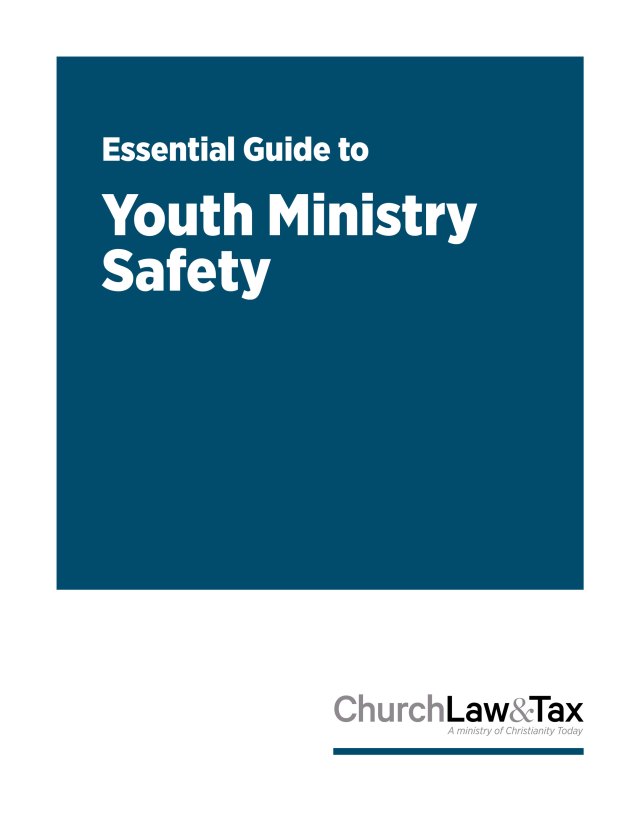Key point 4-08. Every state has a child abuse reporting law that requires persons designated as mandatory reporters to report known or reasonably suspected incidents of child abuse. Ministers are mandatory reporters in many states. Some states exempt ministers from reporting child abuse if they learned of the abuse in the course of a conversation protected by the clergy-penitent privilege. Ministers may face criminal and civil liability for failing to report child abuse.
* A Florida appeals court ruled that counseling notes prepared by a psychotherapist during counseling sessions with a minister accused of child abuse were not protected against disclosure in court by the state’s psychotherapist-patient privilege if they contained references to child abuse. A minor (the “plaintiff”) sued a church claiming that he had been sexually molested by a Catholic priest. The plaintiff subpoenaed counseling notes prepared by a psychiatrist during his counseling sessions with the defendant priest. These sessions included an evaluation for pedophilia. The psychiatrist refused to turn over the notes based on the state’s psychotherapist privilege. This privilege gives patients the privilege “to refuse to disclose, and to prevent any other person from disclosing, confidential communications or records made for the purpose of diagnosis or treatment of the patient’s mental or emotional condition, including alcoholism and other drug addiction, between the patient and the psychotherapist, or persons who are participating in the diagnosis or treatment under the direction of the psychotherapist.”
The plaintiff claimed that the psychotherapist privilege did not apply in this case because of the following state law: “The privileged quality of communication between husband and wife and between any professional person and his or her patient or client, and any other privileged communication except that between attorney and client or the [clergy-penitent] privilege … shall not apply to any communication involving the perpetrator or alleged perpetrator in any situation involving known or suspected child abuse, abandonment, or neglect and shall not constitute grounds for failure to report [child abuse] regardless of the source of the information requiring the report, failure to cooperate with law enforcement or the department in its activities pursuant to this chapter, or failure to give evidence in any judicial proceeding relating to child abuse, abandonment, or neglect.”
A state appeals court sent the case back to the trial court, with the stipulation that the trial judge review the counseling notes and decide which portions “concern communications involving known or suspected child abuse.” The court ruled that the psychotherapist privilege would not apply to these portions of the notes, based on the state law quoted above, even if the references to child abuse pertained to minors other than the plaintiff. Doherty v. John Doe No. 22, 957 So.2d 1267 (Fla. App. 2007).




